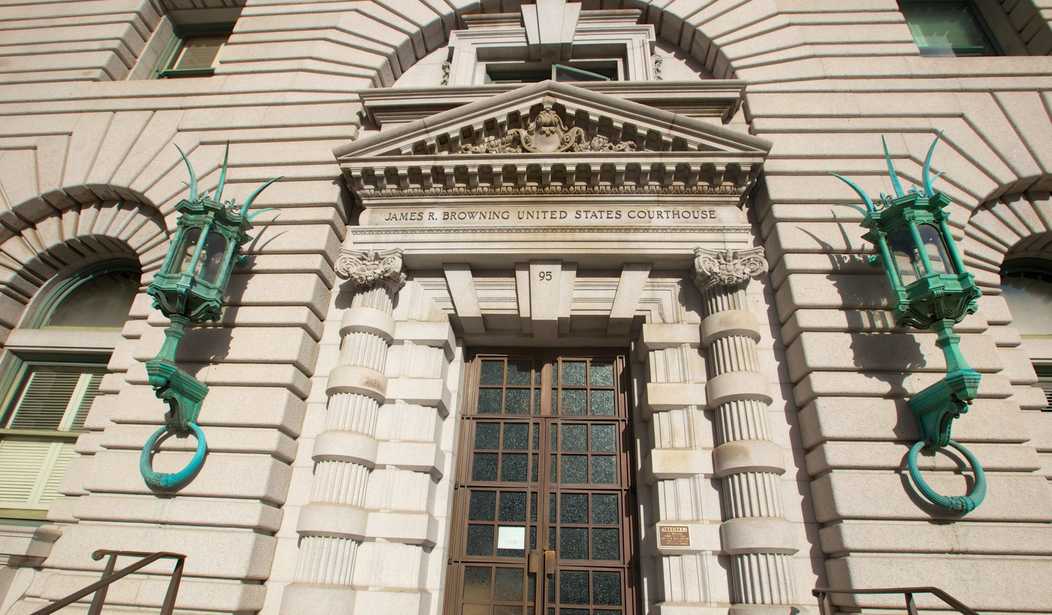The 9th U.S. Circuit Court of Appeals recently found in favor of a former police officer from the Roseville, California police department. The officer was fired for having an extramarital affair with a colleague. The officer, Janelle Perez, was terminated due to the affair despite no evidence it had any impact on her work.
A federal judge sided with the city, but on appeal, the 9th Circuit overturned the ruling.
Writing for the court, Judge Stephen Reinhardt noted: “As the [Supreme] Court explained, the liberty protected by the due process clause must extend equally to all intimate sexual conduct between consenting adults, regardless of whether they are of the same sex or not, married or unmarried.”
I’m not a constitutional scholar by any stretch of the imagination. I’m just a guy who spends a lot of time studying and thinking about freedom. Through all my years, I’ve found one particular truth when it comes to personal liberty: if people don’t have the freedom to do things people disapprove of, then they have no freedom at all.
Good behavior rarely needs protection. I don’t need legal protection to state that puppies and babies are cute and that sunshine is wonderful. Things that most people agree with aren’t likely to be threatened as a general rule. It’s the things that people don’t approve of that do.
If Perez and the other officer in the adulterous relationship, Shad Begley, don’t have the right to have an affair, then do we really have any rights when it comes to intimate relationships? Or are sexual histories fair game for employers to scrutinize according to their own moral lens?
The 9th Circuit’s decision puts it at odds with other appellate court rulings, which could kick this one up to the Supreme Court. If so, then I can only pray the Court takes a similar outlook on personal liberty. If they don’t, then the door opens for all kinds of potential infringements of freedom because someone else finds the activity “icky.”
How long before both employers and the government decide that one’s private life shouldn’t be all that private in the first place?
I’m not about to defend Perez and Begley. Their affair is indefensible.
But the last thing the government needs to get into is regulating such behavior.









Join the conversation as a VIP Member